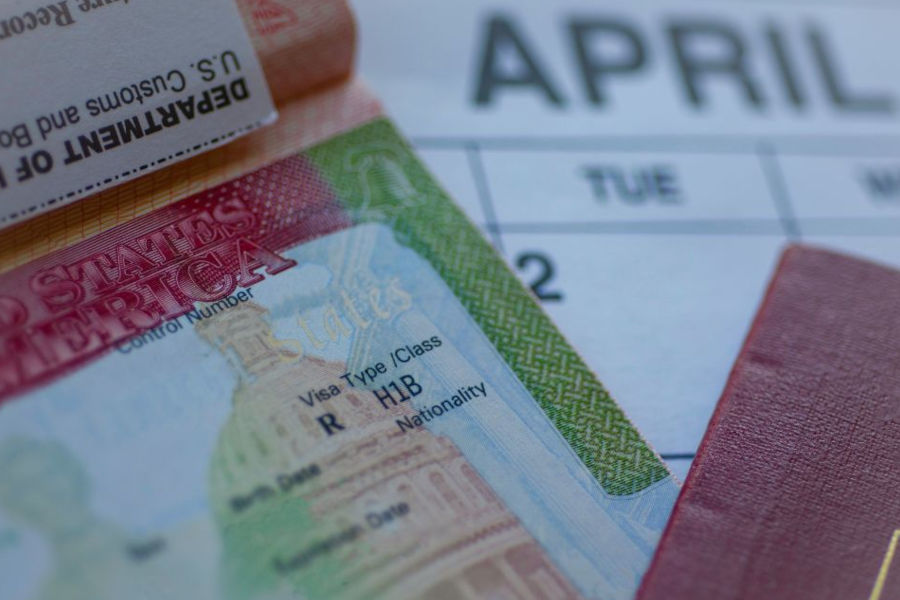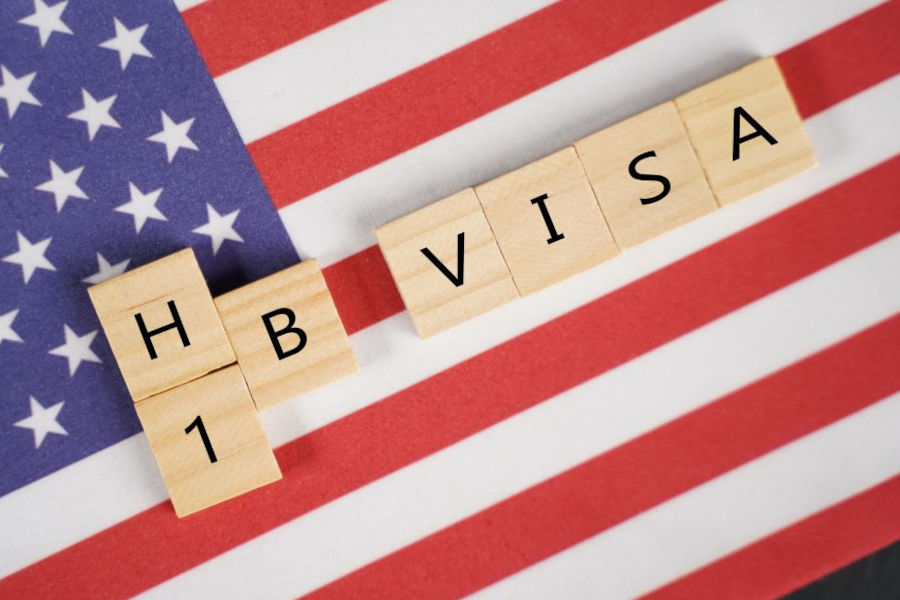Updates to the U.S. Citizenship and Immigration Services (USCIS) Policy Manual will change the review of applications for adjustment of status, more commonly known as green card applications. Under the new guidance to adjudicating officers at the USCIS, discretionary review will take on a larger role once an application meets all eligibility requirements, with positive factors needing to outweigh negative factors amidst all the circumstances and facts of the specific application in order for approval to be given. This review applies to Form I-129F petitions (fiancé/fiancée petitions) and most Form I-485 applications, including those seeking adjustment of status based on family. Importantly, while the review only applies to Form I-130 petitions (family-based) in limited circumstances involving the change of status in the citizen or lawful permanent resident claimed to be family, the review would still apply to the 485 (green card) application.
The discretion afforded to officers in reviewing petitions is very broad and not well-defined, with a number of potentially relevant and sometimes redundant factors, and an ability for the same factor to be weighted differently case-to-case based on all the surrounding facts. This may lead to confusion and complicate the process of ultimately applying for an adjustment of status. Interestingly, and compounding possible uncertainty, eligibility is considered a positive factor in the manual, yet a denial can technically occur before a finding of eligibility, meaning an officer could decide enough negative evidence exists that eligibility and any other unknowns could not outweigh it without seeing that evidence.
More concretely, discretion is likely to delay one’s status when applying, as the applicant must now gather enough evidence of positive factors to outweigh negative factors (without knowing, how, exactly, each will be weighted), rather than rely on the old practice of approving eligible applications in the absence of negative evidence. Likewise, because officers are required to give a written decision with an explanation of each factor, positive and negative, as well as how it was weighted in the analysis, the time it takes to receive notice of a decision may be elongated.
Though speculative, denials could become more common, as eligibility no longer leads to favorable discretion in the absence of other evidence and instead serves as one of many possible factors in the analysis. Importantly, the policy manual is currently in conflict with itself regarding 485 applications. While 485 applications are subject to discretionary review under the new guidance, the specific chapter on 485 applications in the policy manual has not been updated and still contains the old standard, leading to more confusion—as well as leaving open the potentially time-consuming and inconsistent situation of approving an I-130 petition without discretionary review, then denying an application for adjustment of status under a discretionary review under either the old or new standard.
As specialists in family-based immigration, Francis Law Center will remain updated on the effects this policy update has. This information is intended to educate and should not be taken as legal advice.
Written by Francis Law Center Staff Eric Liberatore










